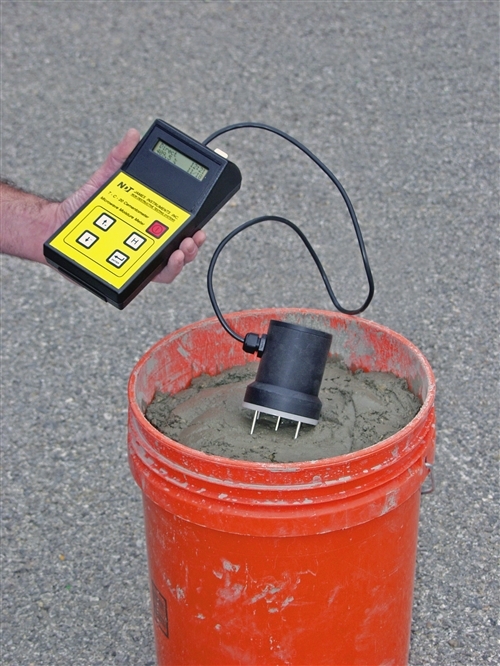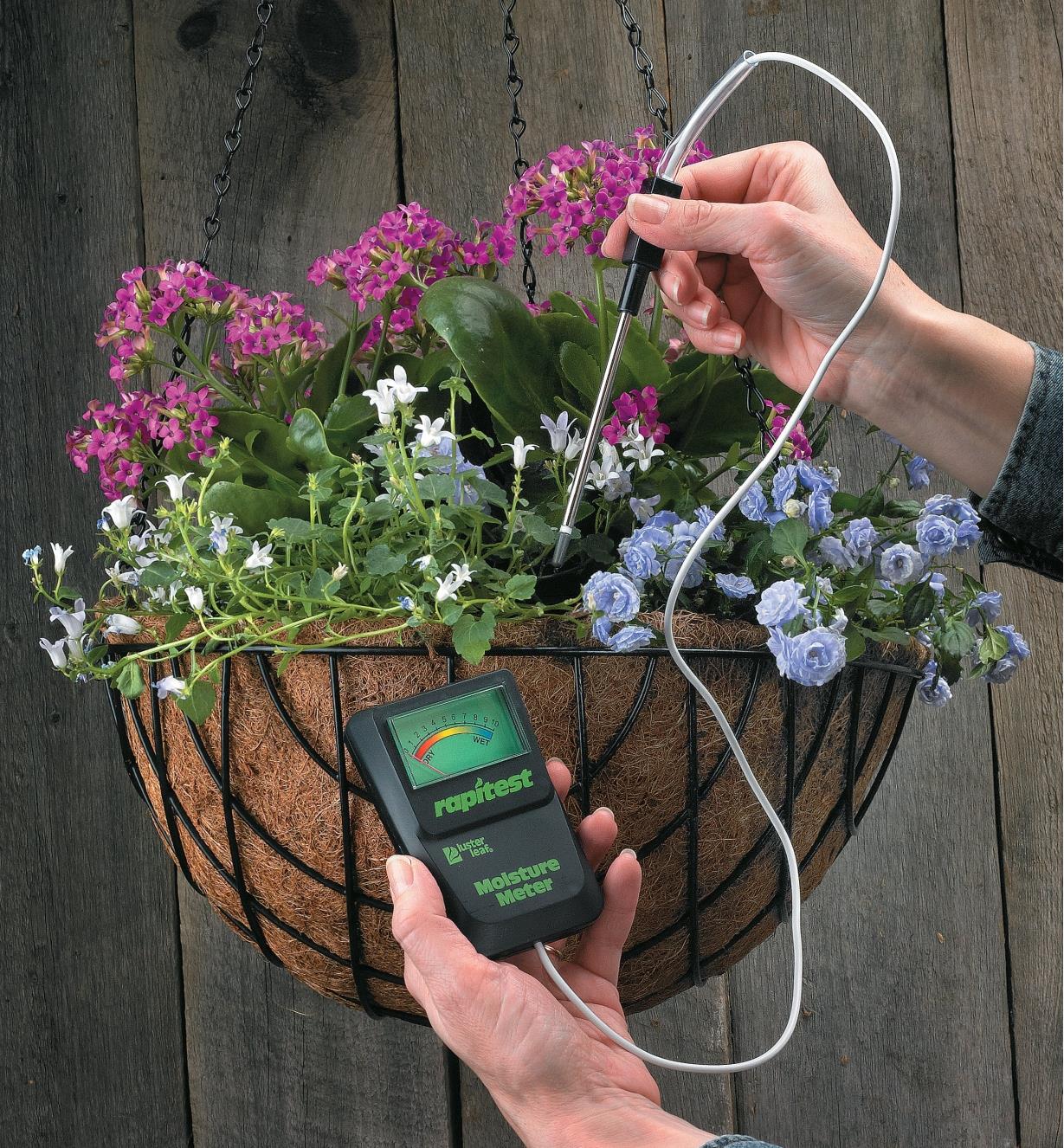The Ultimate Overview to Moisture Meters: A Comprehensive Introduction and Exactly How They Can Save You Money
In the realm of building maintenance, construction, and different markets, the value of precisely measuring dampness degrees can not be overemphasized. Dampness meters work as vital tools in detecting and keeping an eye on moisture material in materials, aiding in protecting against expensive problems and making certain the high quality of products. Recognizing the nuances of various kinds of moisture meters, their applications, and the possible cost-saving benefits they supply can be a game-changer for organizations and experts alike. Uncovering just how these devices can not just improve procedures yet additionally add to economic savings is a trip worth embarking on.
Types of Moisture Meters
One typical kind is the pin-type wetness meter, which measures the electric resistance in between 2 pins inserted right into a product. Pinless wetness meters, on the other hand, usage electro-magnetic sensor plates to scan a bigger location without causing damage to the product's surface.
Infrared moisture meters gauge the thermal properties of a material to establish its wetness web content non-invasively, making them useful for applications where pin or pinless meters might not be appropriate. Comprehending the different types of moisture meters readily available can assist markets choose the most ideal device for their certain moisture dimension demands.

Advantages of Utilizing Moisture Meters

Furthermore, utilizing wetness meters can bring about increased power efficiency. By determining areas with high wetness degrees, such as leakages or inadequate insulation, modifications can be made to boost power preservation and reduce utility costs. In agricultural settings, moisture meters play an important function in enhancing plant returns by making it possible for farmers to keep an eye on dirt dampness degrees and make educated watering choices. Generally, the advantages of making use of wetness meters extend throughout different sectors, providing cost-effective services and promoting better quality control practices.
Just How to Choose the Right Moisture Meter
Selecting the ideal dampness meter includes considering vital variables such as material compatibility, dimension variety, and calibration accuracy. When picking a wetness meter, it's necessary to ensure that the meter appropriates for the specific material you will be screening. Different products have differing electric properties that can influence wetness readings, so choosing a meter designed for your product is important for accurate outcomes. Additionally, think about the measurement series of the moisture meter. Make sure that the meter can discover moisture levels within the array required for your applications. Calibration precision is an additional important factor to maintain in mind (Moisture Meter). Choose a wetness meter with dependable calibration to make certain consistent and accurate analyses. Some meters may need routine calibration changes, so comprehending the calibration procedure is necessary. By very carefully reviewing these elements, you can select a moisture meter that fulfills your demands and provides exact dampness measurements for your tasks.
Proper Methods for Moisture Meter Use
To make sure accurate dampness readings and take full advantage of the effectiveness of a dampness meter, utilizing appropriate strategies is essential. When making use of a pin-type wetness meter, put the pins or probes into the material being examined up until they make complete get in touch with. By following these appropriate techniques, individuals can count on their wetness meter to provide credible moisture degrees, assisting in stopping costly damages or making sure quality in different applications.

Price Financial Savings With Moisture Meter Applications
Exactly how can the critical use of dampness meters lead to considerable expense financial savings throughout numerous industries? In the agriculture market, moisture meters help in figuring out the ideal time for collecting crops, protecting against over-drying or excess moisture that can affect the final product's high quality.

In addition, in the food handling sector, dampness meters are essential for keeping track of product quality and guaranteeing compliance with safety policies. By accurately measuring moisture content in foodstuff, manufacturers can prevent spoilage, maintain quality, and lower waste, causing considerable expense savings. On the whole, the critical application of dampness meters is a useful investment that can result in substantial price decreases and enhanced efficiency throughout different markets.
Conclusion
Finally, dampness meters are important tools for determining and discovering moisture degrees in different materials. By making use of the ideal moisture meter and adhering to correct techniques, customers can efficiently avoid pricey damages triggered go to the website by excess dampness. Purchasing a top quality wetness meter can result in significant cost savings in the long run by identifying prospective problems early on and enabling prompt remediation. Ultimately, wetness meters are important tools for maintaining like it the honesty and longevity of frameworks and products.
Dampness meters offer as important devices in detecting and keeping an eye on moisture web content in materials, assisting in avoiding expensive problems and making sure the top quality of items. Infrared moisture meters measure the thermal buildings of a material to establish its dampness material non-invasively, making them useful for applications where pin or pinless meters may not be ideal.Dampness meters supply important benefits in precisely monitoring and examining wetness degrees in diverse materials and atmospheres. In farming settings, moisture meters play a vital function in enhancing crop yields by enabling farmers to check dirt wetness levels and make informed irrigation choices.In verdict, wetness meters are useful devices for gauging and finding wetness levels in various products.